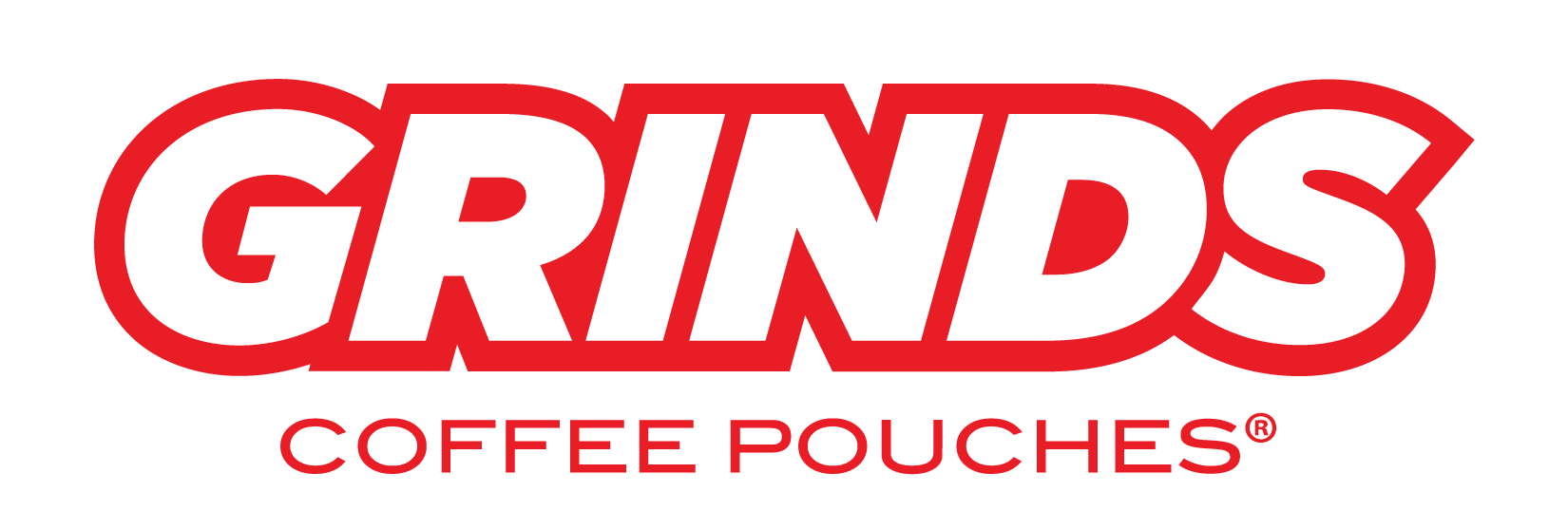7-Day Pre-Quit Plan

You need a quit journal for the same reason: to help you remember why you’re quitting, how you’re quitting, and important milestones along the way.
WHAT WILL GO IN MY JOURNAL?
If you have images in your head of a young girl laying in her bedroom writing to her locked, pink Dear Diary about boys and mean girls at school… you’ve got the wrong idea.
A journal is a daily record of news and events of a personal nature. So, your quit journal will contain a daily record of news and events as they pertain to your personal goal of quitting chewing tobacco.
Here are some things you’ll record in your journal:
Reasons for quitting. Dedicate some space in the front of your journal to list your reasons for quitting. Every time you open it, these motivations will be looking right back at you, reminding you why you’re on this journey.
When/where you experience cravings. Tracking your cravings will help quantify the progress you’re making. Over time, you’ll see frequency and intensity go down. This will also help you identify triggers and plan how to get through the cravings, or avoid the triggers altogether. If you give in to a craving, record it so you can reflect on how to do better next time.
Daily entries that summarize your quit efforts for that day. Staying self-aware is hard when you’re in the throes of physical and emotional withdrawal. Taking a few moments at the end or beginning of each day to check in with yourself and think about how you’re feeling can be therapeutic (and distract you from grabbing a dip).
Milestones such as “one week tobacco free!” When you’re quitting tobacco, each successive day you stay clean is cause for celebration. Start a list of ways to reward yourself and plan for major milestones.
Tobacco and nicotine alternatives that work/don’t work for you. There is no one-size-fits-all solution to quitting, and that includes what tools you use to keep yourself from reaching for the can. Start a list of all the products you’d like to put in your “quit kit” and keep notes on each one’s effectiveness when you’re using it. If you use a product that comes in different strengths, don’t forget to track that as well.
WHY IS THIS IMPORTANT FOR MY QUIT?
Recent research demonstrates that writing down a goal increases the likelihood of achieving it.
This is due to increased accountability and public commitment.
Accountability; noun
an obligation or willingness to accept responsibility or to account for one's actions
Commitment; noun
an agreement or pledge to do something in the future
Your quit journal will help you hold yourself accountable, and solidify your commitment to quitting.
HOW DO I USE MY QUIT JOURNAL?
Recall
Writing things down is an effective way of reminding you about things your brain can’t remember or recall on its own.
When your brain is craving nicotine, it won’t be able to help you remember how difficult your first few days without it were,
or to reason that you don’t really need that dip.
Keep notes on what you’re thinking and feeling now so you can easily go back and reflect later.
Sometimes you’ll want to vent to your online community, or turn to them for advice. But if you’re unable to access the internet at that moment, make notes in your quit journal so that you can make that post online later.
Reflect
More than anything, your quit journal is a safe, private place to be honest with yourself about your feelings. Kind of like counting to 10 before you say or do something you regret, it can help soothe your emotions and give you a healthy outlet.
Periodically review entries to look for hints about your triggers. If you broke down and chewed on Saturday, what made you do it? How were you feeling? What were you doing? What can you do to prepare for it again, or to avoid it altogether?
Repetition
Lastly, use your quit journal consistently. You should be writing in it nearly everyday—even if just a couple sentences before bed. If you see it as a chore to write in your journal, rather than as an emotional release, you’re probably doing it for the wrong reasons.
SAMPLE ENTRIES
Daily Check-Ins
5/22/20, 9:15 pm
It’s Memorial Day weekend, and I’m anxious about ruining the streak I’ve been on since the beginning of this month.
I’ve got lots of activities planned with the kids that I’m looking forward to, and hope will keep me active enough to forget
about wanting a dip over the long weekend.
5/23/20, 9:40 pm
Got up early to go fishing with Dale. Took two new cans of Grinds with me to try new flavors.
Really loving the peppermint so far, and didn’t even have the urge to dip we were so busy catching up.
Spent the afternoon working in the yard and messing around with the kids, then watched a movie with the fam.
Tomorrow we’re headed to the neighbors for a cookout - worried about caving to the social triggers.
Tracking Cravings
Today’s Date: 5/24/20
Date and time of last dip: 5/1/20
Craving level (1 to 10): 8
Place or activity that triggered the craving: Memorial Day party and BBQ
Feelings associated with the craving: happy and loose from drinking and hanging out with neighbors;
want to dip to extend/increase that feeling
Counteraction taken: Stop drinking in social situations, and instead pop a Grinds
